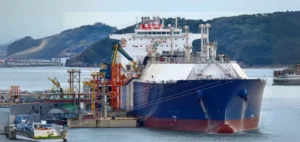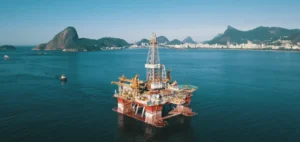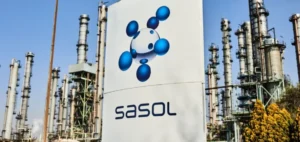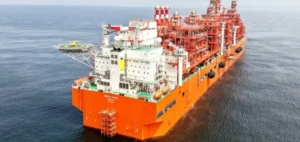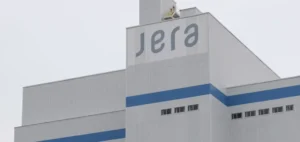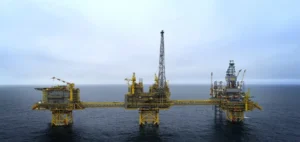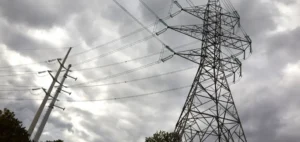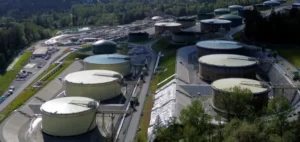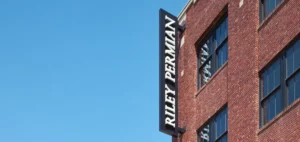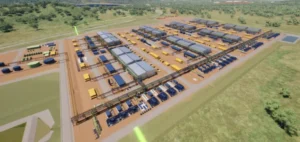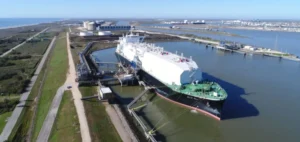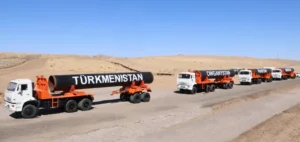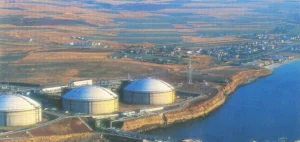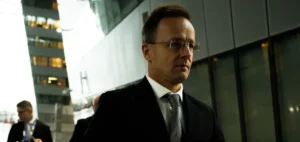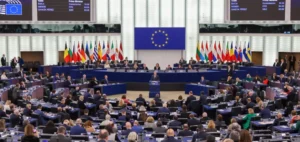Pertamina International Shipping (PIS) plans to invest up to $3 billion over the next five years in its vessels in Indonesia. The company hopes to rejuvenate and expand its fleet for LNG transport.
Fleet renewal
Pertamina International Shipping operates more than 400 vessels, three of which are large crude carriers (VLCC) and two large gas carriers (VLGC). Wisnu Santoso, director of Pertamina International Shipping, says:
“We will invest heavily in vessel replacement […]. We want to reduce the average age of our fleet over the next five years to 15 years, from about 20 years now.”
In addition, the company plans to acquire vessels that will transport LNG.
Indeed, Pertamina International Shipping deplores a lack of vessels in its portfolio. This situation is limiting its transport capacities. Considered less polluting, the demand for certain fossil fuels should increase.
A growing market
Pertamina International Shipping recognizes that shipyards are at capacity and that building new vessels will be expensive. This high cost is due to the high demand. However, the company is inclined to buy existing vessels as long as they still have good economic value.
Pertamina International Shipping signed an initial strategic partnership agreement with the Japanese shipping company Nippon Yusen Kaisha (NYK) in October. The purpose of this agreement is a potential collaboration for LNG logistics activities. This will focus on both national and international routes.






